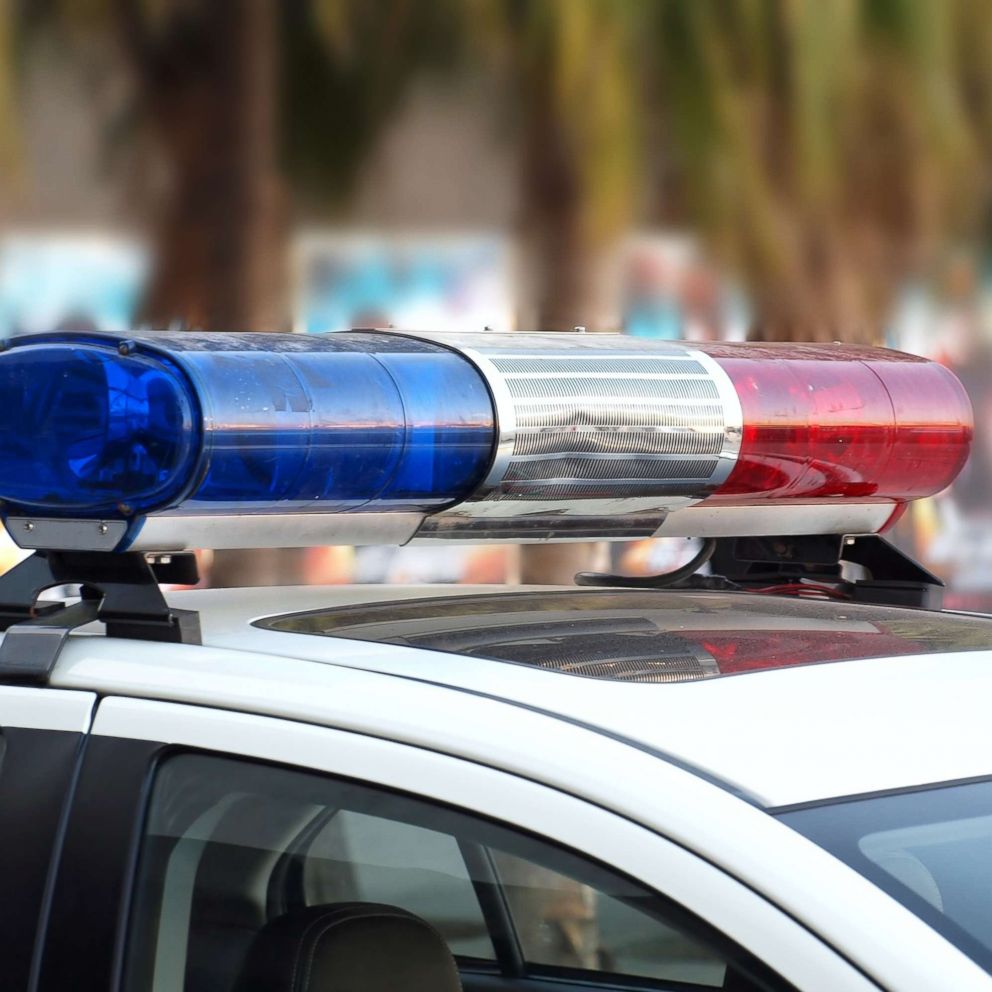High court curves in conservative direction
WASHINGTON -- In the term that ended Monday, the Supreme Court shifted more to the right, making it harder for people to bring civil rights claims, rejecting challenges by environmentalists and raising the standard for older workers alleging bias on the job.
One of its more consequential decisions came on the last day of the term, when the justices imposed a new hurdle for employers trying to scrap tests and other seemingly neutral practices that favor whites at the expense of racial minorities, or men at the expense of women.
Even in the cases where the Roberts Court did not rule as conservatively as expected, it trimmed legal remedies. Although a recent ruling said school officials' strip search of an eighth-grade girl violated her rights, the majority nonetheless decided she could not obtain money damages because the officials made a good-faith mistake about the law. Though the court spurned a constitutional challenge to the landmark Voting Rights Act, it created an opportunity for counties and other political entities to get out from under federal scrutiny of their election laws.
"There has been a modest evolution toward narrower, less sweeping opinions," says Harvard University's Richard Fallon. "Roberts' style in dealing with iconic precedents is to distinguish the older cases, leave them standing, but start tacking in the opposite direction — as in the (voting rights) case."
Fallon said Monday's case similarly shows the court pivoting away from precedent yet leaving the long-term effects uncertain.
"The Roberts Court (has shown) a desire to close the courthouse door," said Stanford University law professor Pamela Karlan, who noted that the court boosted the requirements in early litigation stages for people alleging a range of civil rights violations.
In one such case, the court ruled against a Pakistani man trying to sue former attorney general John Ashcroft for alleged abusive treatment in a federal jail after the Sept. 11 terrorist attacks. The decision sets a high bar for people trying to hold officials accountable for acts of abuse by underlings.




